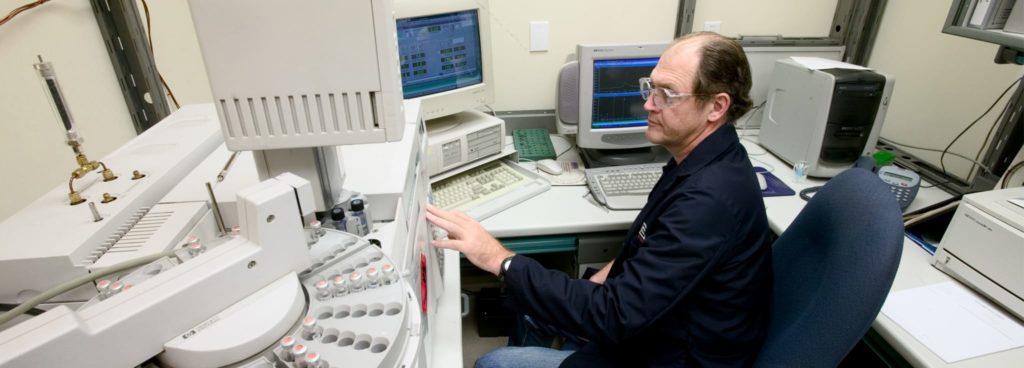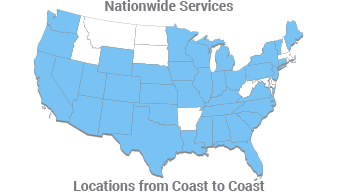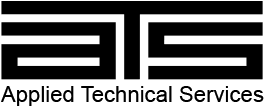- Home
- Services/IndustriesServicesindustries
- About Us
- LocationsStatesAccordion ContentAccordion ContentAccordion ContentAccordion Content
- Job Openings
- Quick Links
- ATS Family

ATS is a CPSC accredited lab that performs Phthalate Testing along with a wide variety of other regulatory tests that help ensure products are safe for the marketplace.
Phthalate Testing
ATS is fully equipped to perform phthalate analysis to help you ensure product compliance with the following:
- Consumer Product Safety Commission (CPSC)
- California Proposition 65 List
- Canada Consumer Product Safety Act (CCPSA)
- Registration Evaluation Authorisation and Restriction of Chemicals (REACH) - European Union (EU) requirements
Phthalate testing is performed in accordance with the approved CPSC test method: CPSC-CH-C1001-09.4, Standard Operating Procedure for Determination of Phthalates, using Gas Chromatograph/Mass Spectrometer (GC/MS). ATS’ consumer product testing lab is ISO 17025 (A2LA) accredited to find phthalate content according to this testing standard.
Phthalates, or phthalate esters, are mainly used as plasticizers, substances added to plastics to increase their flexibility and durability. Phthalates are used in many products: adhesives and glues, agricultural products, building materials, medical devices, pharmaceuticals, food products, textiles, caulk, shower curtains, vinyl upholstery, floor tiles, food containers and wrappers, cleaning materials, detergents, perfumes, cosmetics, nail polish, liquid soap, hairspray, packaging, paints, paint pigments, printing inks, coatings and children’s toys.
Section 108 of the CPSIA specifies that as of February 10, 2009, “it shall be unlawful for any person to manufacture for sale, offer for sale, distribute in commerce, or import into the United States any children’s toy or child care article that contains concentrations of more than 0.1 percent of DEHP, DBP, or BBP” and “it shall be unlawful for any person to manufacture for sale, offer for sale, distribute in commerce, or import into the United States any children’s toy that can be placed in a child’s mouth or child care article that contains concentrations of more than 0.1 percent of phthalate compounds DINP, DIDP, DnOP.”
In addition to the federal regulation for phthalates, the state of California also limits the daily exposure to specific phthalates on the California Proposition 65 List. The phthalates found on the California Proposition 65 List are as follows: DEHP, DBP, BBP, DIDP, and DNHP. Products containing phthalates above the allowable limit are required to place a warning label on the product to alert consumers. The state of California has specified two daily allowable limits for DEHP based upon the potential risk it poses as either a carcinogen or reproductive toxicant. The product is considered carcinogenic if more than 310 micrograms/day is ingested and it is considered a reproductive toxicant if more than 410 micrograms/day is ingested. A full list of chemicals can be found here.

Request Form
"*" indicates required fields
